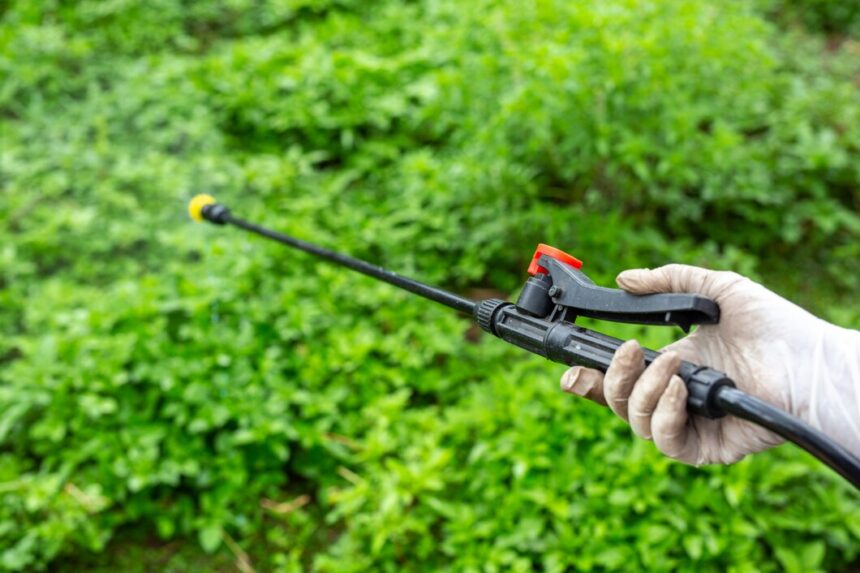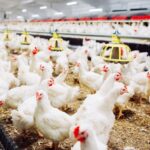Invasive species pose a significant threat to agriculture in South Africa, impacting crop yields, biodiversity, and farm management practices. Effective management strategies are essential to control and mitigate the impact of these invaders. Here are ten ways to combat invasive species on South African farms:
- Early Detection and Monitoring: Regularly inspect your farm for signs of invasive species. Early detection can help prevent the spread and make control measures more effective. Implement monitoring programs and use technology such as drones or satellite imagery for larger areas.
- Manual Removal: For small infestations, manual removal of invasive plants and animals can be effective. Use appropriate tools to dig up invasive plants, and ensure you remove all roots to prevent regrowth. For animals, traps or exclusion methods may be necessary.
- Herbicide Application: Apply herbicides specifically designed for the invasive species in question. Ensure you follow the recommended application rates and safety guidelines to minimize harm to native plants and animals.
- Biological Control: Introduce natural predators or pathogens that specifically target the invasive species. This approach should be carefully managed and monitored to ensure it does not negatively impact native species.
- Cultural Practices: Adjust farming practices to make the environment less favorable for invasive species. This may include changing crop rotation patterns, maintaining healthy soil, and implementing practices that promote the growth of native plants.
- Use of Native Plants: Incorporate native plants into your farm’s landscape. Native vegetation can outcompete invasive species and provide habitat for beneficial wildlife that can help control pests.
- Fencing and Barriers: Install physical barriers to prevent invasive animals from entering your farm. Proper fencing can help keep out larger invasive species and reduce the spread of pests.
- Education and Training: Educate farm workers and local communities about the risks and identification of invasive species. Training programs can help ensure that everyone is aware of how to spot and report new infestations.
- Waste Management: Properly manage and dispose of waste to prevent the spread of invasive species. This includes avoiding the transfer of soil, plant material, or animals that may harbor invasive species to new locations.
- Collaboration and Reporting: Work with local agricultural extension services, conservation organizations, and other farmers to share information and resources. Reporting new sightings of invasive species to relevant authorities can help coordinate a more effective response.
Combating invasive species requires a proactive and integrated approach. By combining these strategies, South African farmers can protect their crops, conserve biodiversity, and maintain healthy and productive agricultural systems.
Join 'Farmers Mag' WhatsApp Channel
Get the latest Farming news and tips delivered straight to your WhatsApp
CLICK HERE TO JOIN






